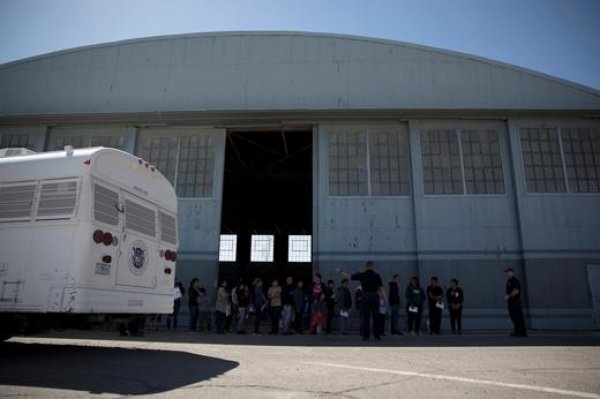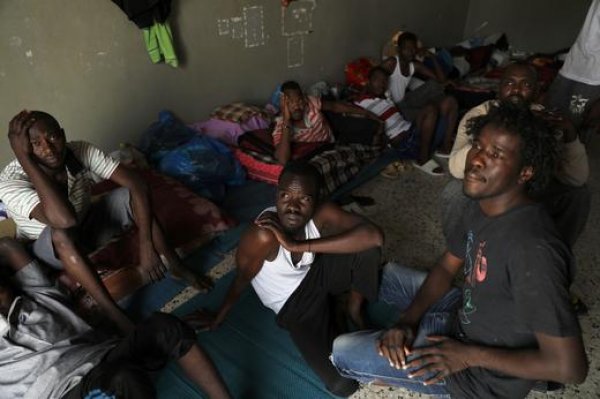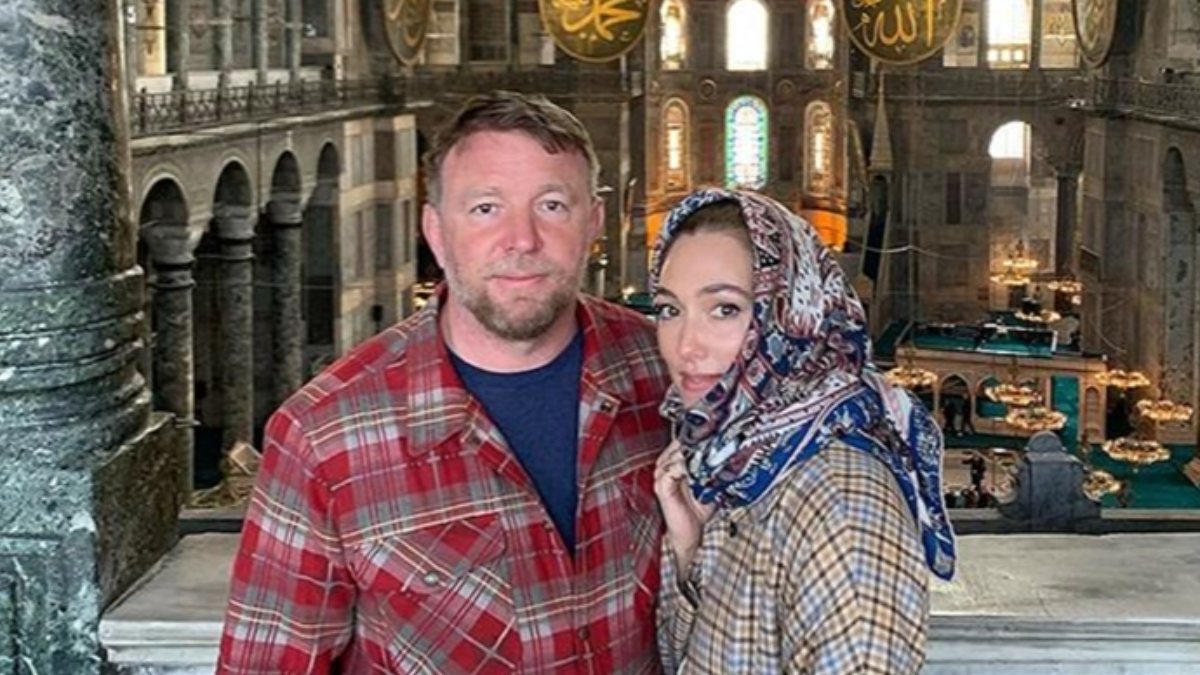The UN expressed “deep shock” on Monday to see how children were being treated in migrant detention centers in the US.
MIGRANT DETENTION CENTERS
“As a pediatrician, but also as a mother and a former head of state, I am deeply shocked that children are forced to sleep on the floor in overcrowded facilities, without access to adequate healthcare or food, and with poor sanitation conditions,” UN human rights chief Michelle Bachelet’s office said in a statement.
Lawmakers from the Democratic Party as well as civil rights groups have voiced concerns about those centers along the US-Mexico border that are overcrowded with inadequate access to food, water and other basic needs.

The US Department of Homeland Security inspector general last week shared photos of some centers in Texas’ Rio Grande Valley, crammed beyond their capacities.
Droves of migrants from Central America trek hundred of miles each year to cross treacherous deserts and rivers on their way to the US, in a bid to flee violence and poverty in their home countries.

Donald Trump’s hardline approach to legal and illegal immigration has come under fire, especially since almost a dozen migrants died due to the negligence of officials and poor sanitary conditions while in US custody at border detention centers.
According to human studies professor Carmen Monico of Elon University in North Carolina, the migration problem was created by the US itself by engineering military and covert operations and economic interventions in Central American nations over the past decades.

In an article last week, Monico recounted how the US ousting of Guatemala’s democratically-elected government in 1954 during the presidency of Dwight Eisenhower ushered in a prolonged civil war.
She underlined how in the early 1980s, the Ronald Reagan administration supported brutal Guatemalan strongman Jose Efrain Rios Montt, who was later convicted of committing genocide.

Monico added that Reagan also backed El Salvador’s violent government during a civil war that killed 75,000 people and left the country vulnerable to decades of instability.
“In addition, his administration turned Honduras into a staging ground for the Nicaraguan Contra rebels. The US financed and militarized the country, thus increasing levels of political violence that have never subsided,” she said.
Monico added that her research in those countries strongly suggests that creating opportunities, putting an end to violence, and providing access to adequate education would work to stem the tide of migration.













